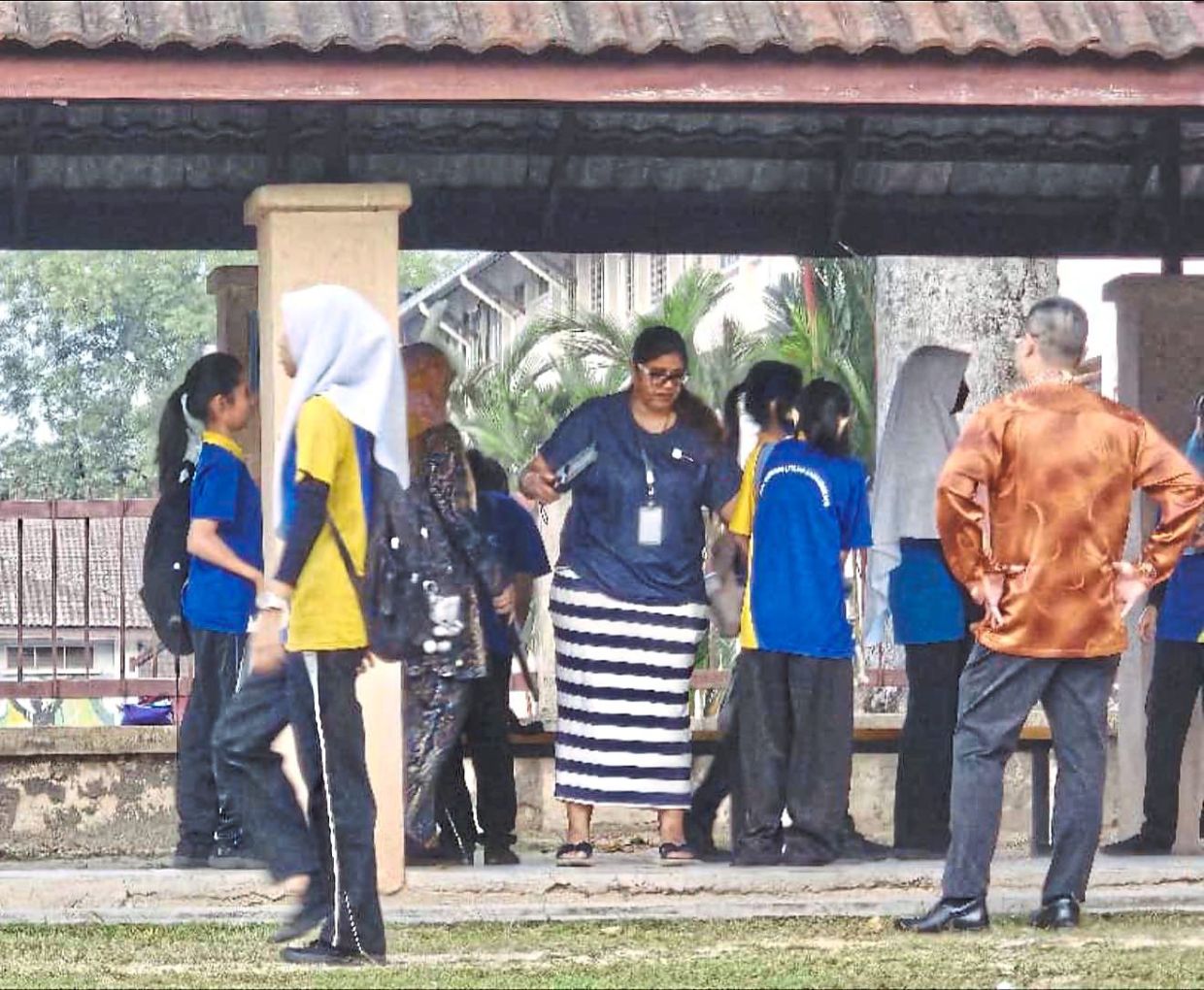PETALING JAYA: As a debate on a smartphone ban on students under 16 intensifies, child advocates say real change depends on adult accountability and not just banning devices.
Others point to global success stories of such a ban.
Child activist Datuk Dr Hartini Zainudin said banning smartphones for those under 16 is the wrong fight.
“Violence in schools is not born from screens, but grows from neglect, silence and the absence of accountability.
“When a child bullies, lashes out or collapses, it is not a sign of too much social media but a cry for help. A phone ban won’t fix that,” said Hartini, who is also the Yayasan Chow Kit founder.
She said teachers should be free to notice, care and ask what’s wrong instead of being bogged down with paperwork.
“Teachers are drowning in paperwork, rules and fear of blame. Empower, train and protect them. Every safe school begins with adults who are trusted and supported to act,” she said.
Parents too should listen and practise empathy.
“Put down your own screens. Children copy what they see, not what they are told.
“Until adults do their jobs, the violence will simply move from the screen to the classroom and from silence to another child,” she said.
Early Childhood Care & Education Council Malaysia founding president Datuk Dr Chiam Heng Keng highlighted the importance of parents and adults serving as positive role models for their children.
“The cooperation of parents is crucial to successfully discipline children in the use of electronic gadgets.
“Parents play a vital role in guiding their children on the proper use of smartphones. Without their involvement, any measures taken will be ineffective in ensuring smartphones are used wisely.
“It is important that users control the device rather than allow the device to control them,” she said, adding that banning smartphones would not resolve the increasing violence among teenagers.
Chiam noted that these days, it is common to see families dining in restaurants where young children are occupied with tablets during meals.
“Smartphones have became a part of our daily lives. In hospitals and clinics, parents frequently hand electronic gadgets to children to keep them quiet.
“Therefore, the use of gadgets in dining areas, restaurants, clinics and hospitals should be restricted.
“Smartphones should only be allowed from age 13, provided parents are confident that their teenagers are well-guided and disciplined in their usage,” she added.
Parent Action Group for Education Malaysia chairman Datin Noor Azimah Abdul Rahim said the proposal to ban smartphones in schools “reflects the serious worries about aggressive behaviour, bullying and violence we’re witnessing”.
She noted the potential benefits of reducing social media and online gaming distractions during school hours but cautioned: “If the ban is enforced without clear boundaries – specific times, places and uses, it could be unfair and hard to manage.”
Noor Azimah emphasised the need for a comprehensive approach.
“The ban should be paired with teaching digital responsibility, enhancing mental health support, and ensuring students have safe spaces where they feel supported, not just monitored,” she added.
Supporting the ban, Childline Foundation executive director Datin Wong Poai Hong highlighted how countries such as France, China and South Korea have seen improved focus and behaviour after restricting phone use among children.
“Other countries have done it, and the results have been amazing,” she said.
Melaka Action Group for Parents in Education chairman Mak Chee Kin proposed better control over social media apps, online games and pornographic content instead of a total ban.
“The onus is on parents too. There must be responsible monitoring and leadership by example,” he said.

